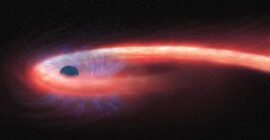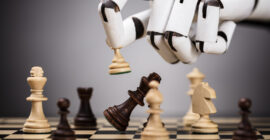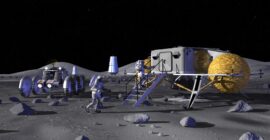Astronauts must follow a number of strict guidelines when they bounce around outer space. From what is clear, like never taking off their helmets while on a spaceship, to those who are not very clear, such as never washing clothes. NASA can put men on the moon but still haven’t found a way to get his astronauts that are not mentioned through the rotation cycle.
Also on the “No-Can-Do” list is many things that most people are tied to the earth, think that almost every astronaut at the international space station will kill. Rain, go to the bathroom without an incident, crying like an ordinary person (lack of gravity to make tears in the eyeball), write your memoirs with ordinary pen under the light of silvery moon, or have good adult drinks after a long day in the space office .
This prohibition even extends to the most common food – simple bread, in all its forms. Why? Because messy. It broke out, if you want to – become a little tiny and sparkle that, when released into the environment without gravity, can be sucked into air ventilation, nested, and start fire. They can inhale their path to some expensive equipment and cause it to be short. Or, a little wheat or wheat may end in experiments that are not intended to say ingredients.
Peanut butter and jelly … on tortillas?
But the prohibited Bread status does not stop the NASA helmet hero from slipping on the ship. During the Gemini III mission 1965, pilot John Young carried corned meat sandwiches with him in space clothes. A few hours into the flight, he took it off, biting, and gave some to the Commander of Virgil “Gus” Grissom, who also took part, then quickly put it in his jacket. According to Nasa, the sandwich is only in the open in less than one minute, but some crumbs managed to break up.
NASA has long allowed astronauts to eat tortillas instead because they do not leave crumbs, have a much longer shelf life, and take a much less storage space because of their flat nature.In recent years, companies such as Bake In Space have begun to develop and test new ways to bring fresh bread to astronauts. Some obstacles – not a few of who know how the bacteria of the dough react in space and how the bread will really be roasted – must be overcome before NASA starts to have regular sales of bread in space.
Comfort from home, such as the smell of bread that has just been roasted, may actually “provide physical and psychological astronaut energy,” said Jennifer Levasseur from the Smithsonian National Air and Space Museum.




